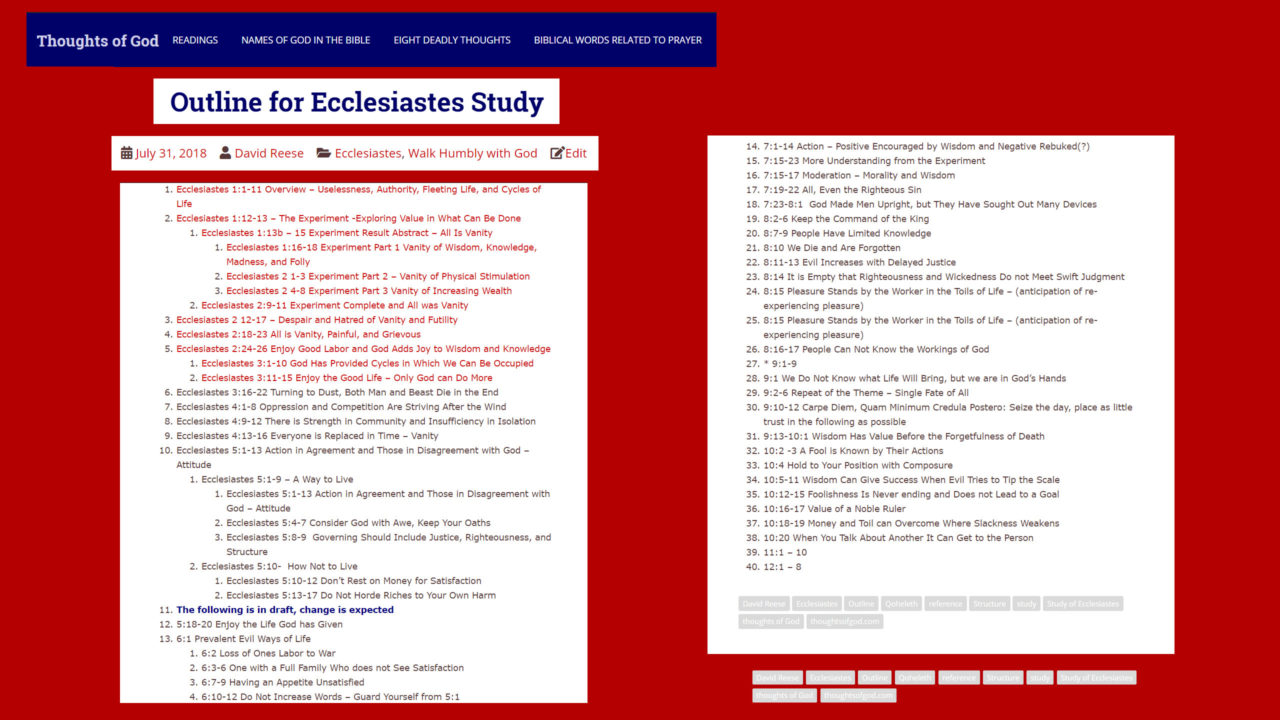
Nor do I think that suffering is part of God’s plan, that He will later show us why it was necessary for the fulfilment of His purposes.
#Online writing diogenes allen free#
The nature of a fallen world with free will necessarily implies suffering. But God does not guarantee us happiness in this life-quite the contrary. To be fair, that may be because I have suffered very little in my life (as they say, though, past performance is no guarantee of future results). Very many people struggle with theodicy-in essence, the theological question why God, if He is both all-good and all-powerful, permits suffering. Either way, the book is substantively excellent, if not an easy read. Thus, it might be more accurate if the book’s subtitle, “An Introduction to the Christian Faith,” were the title, and the actual title the subtitle. The book itself, however, is a sophisticated philosophical overview of Christianity in which troubles, as such, play little part. The author, the late Diogenes Allen, did not intend to convert in this work, rather he “intended to increase a critical but pious person’s understanding of the Christian religion.” True, the spur for his writing the book was receiving a letter from a man troubled by the particular problem of theodicy. That’s not precisely true this is not a work of apologetics. It reveals that Christian theology is usually philosophical and that is just something we should accept.From its title, Theology for a Troubled Believer seems directed at people having a crisis of faith. Both use the human mind, and both come with certain assumptions, which is exactly why this book is helpful: it reveals the assumptions. On the other side of the same coin one may come to realize that there is (at times) merely a semantic difference for Christians when it comes to theologizing and philosophizing.

The structure is definitely Christian theology first with philosophy as the explanatory handmaiden. For example, Aristotle is introduced as he becomes important for Christian theological development and not necessarily as he is important in the chronology of philosophical development. This book will provide students with a fresh angle to reevaluate such assumptions. Some students of theology may assume that the formulation of the doctrine of the Trinity was purely Christian with no language from the world or that the “historical-grammatical” approach to hermeneutics is how the church has always read Scripture or at least should have always read Scripture. When we think of the Trinity what Platonic and Aristotelian categories do we need to acknowledge? When we read of Schleiermacher’s approach to hermeneutics and theology do we understand the Kantian categories? Rather, this is a book that provides you with an introduction to the philosophical categories and language that was inevitably incorporated into various doctrinal discussions over the last two thousand years. There should be no confusion: this book is not (a) an exhaustive history of philosophy or (b) an exhaustive exploration of various philosophical systems. Springsted’s Philosophy for Understanding Theology. At least this is what was confirmed for me as I read Diogenes Allen and Eric O.

Springsted, Philosophy for Understanding Theology, 2nd Ed., (2007) Louisville, KY: Westminster John Knox Press. Philosophy for Understanding Theology, 2nd Ed.ĭiogenes Allen and Eric O.


 0 kommentar(er)
0 kommentar(er)
